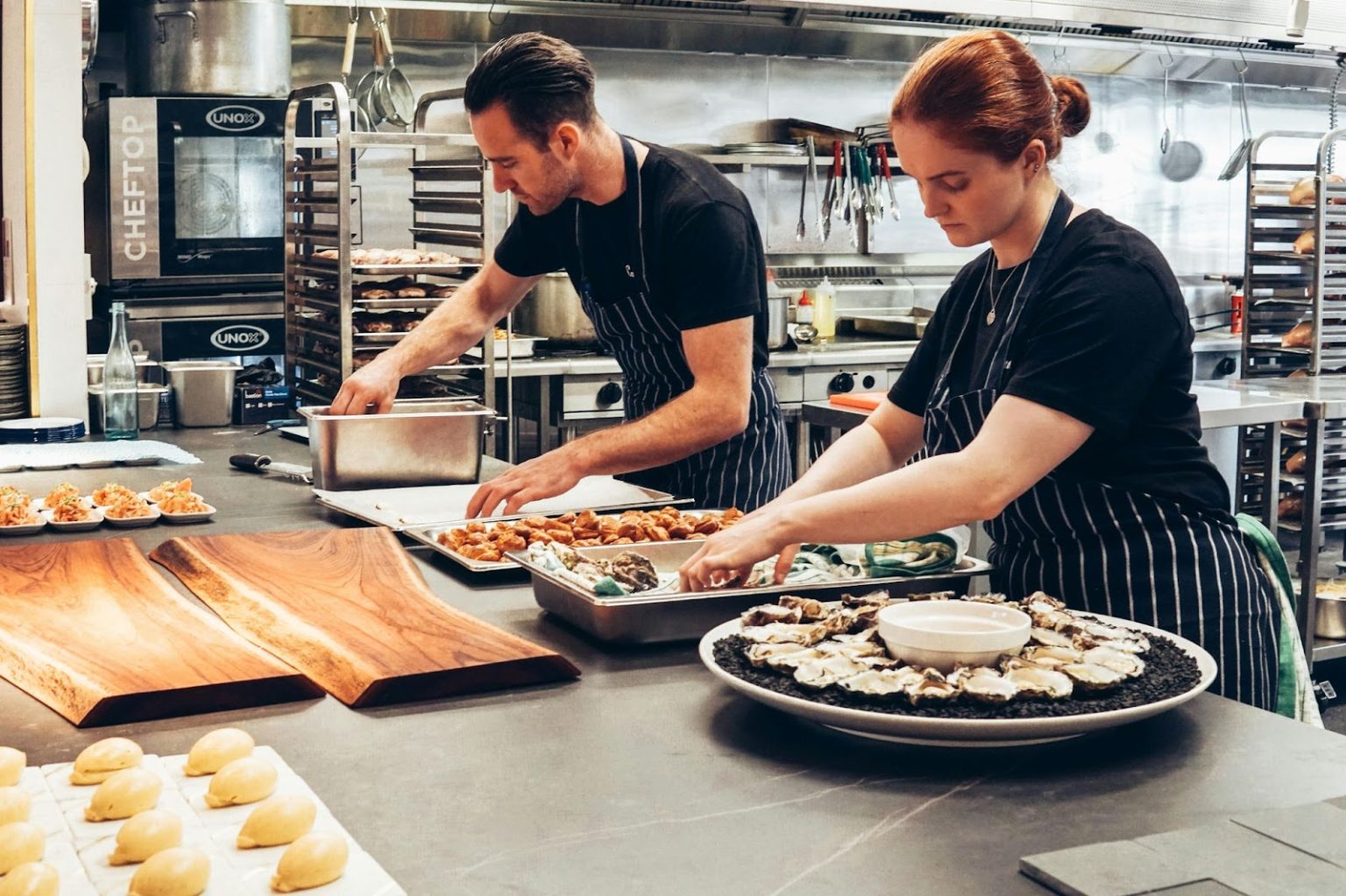Ever watched a cooking competition show and thought, “How do they do that?” The knife skills, the creativity, the calm under pressure (even with Gordon Ramsay breathing down their necks).
The truth is, many of those culinary rockstars didn’t just wake up one morning knowing how to chiffonade basil or make the perfect béarnaise sauce. They trained for it.
And that training likely started in a culinary school.
Culinary schools aren’t just fancy places to learn how to cook. They’re where tomorrow’s chefs get their start, honing the skills they need to thrive in one of the most demanding (and rewarding) industries out there. But what exactly makes these schools so integral to success in kitchens and food businesses worldwide?
Hands-On Training That Makes a Difference
Imagine trying to learn how to filet a fish or bake a soufflé by just watching videos online. Not impossible, but definitely harder. That’s why culinary schools focus on hands-on learning.
Students aren’t just sitting in classrooms reading about emulsions or mise en place; they’re actually applying these concepts in a real kitchen.
There’s something powerful about tactile learning in a bustling kitchen environment. You learn how to move with purpose, handle knives like an extension of your arm, and yes, even survive the occasional burn or cut (every chef’s rite of passage).
These are experiences you can’t fully get from YouTube.
And here’s the kicker – not all culinary schools are the same. Schools like www.miller-motte.edu offer tailored curricula that blend traditional techniques with modern innovations, ensuring students are prepared for today’s kitchens.
Whether it’s mastering classic French principles or understanding innovative food trends, programs like these set the standard.
Building More Than Just Recipes
Chefs today wear more hats than their iconic toques. Beyond perfecting that just or plating like a pro, they need leadership skills, business savvy, and a strong sense of creativity. Many culinary schools get this, weaving real-world lessons into their curricula.
For instance, you might take courses in menu planning, food cost management, or even food science. You don’t just become a great cook; you learn how to manage a kitchen, run a business, and understand the “why” behind what makes flavors work.
And the networking?
Oh, it’s a game-changer. Culinary schools often connect students with internships, externships, and experienced chefs. I have a friend who landed her first big break at an award-winning farm-to-table restaurant after an internship placement through her culinary school.
That opportunity? It set off a chain of career-defining moments.
Adapting to Modern Demands
The industry isn’t just about perfect dishes anymore. Sustainability, inclusivity, and unique dining experiences are shaping food culture as we know it.
Culinary schools are adapting to this shift, emphasizing farm-to-table cooking, plant-based menus, and even zero-waste kitchen practices.
Picture this: a young chef graduates with not only the technical chops to dazzle diners but also with an awareness of how to impact the world positively through food. That’s the kind of forward-thinking chef many businesses (and diners) are hungry for.
Culinary Education and Community
And finally, culinary schools create a sense of community. Being surrounded by peers who share your passion for food is incredibly motivating. You’re no longer the “weird foodie” among your friends; you’re among your people.
It’s also a space to learn from experienced instructors (many of whom have worked in top kitchens themselves). You get their feedback, their stories, their “this is how we used to mess up and learn from it” lessons.
What’s Next for Future Chefs?
Not every aspiring chef takes the path of culinary school, but for many, it offers the perfect mix of guidance, challenge, and opportunity to grow. If you’re serious about becoming a game-changer in the culinary world, it might be the best next step for you.
Curious about how education can shape your culinary career? Consider enrolling in a culinary program. Whether you dream of running your own restaurant or creating the next viral food trend, the right training can help you get there.
Time to sharpen those knives.


